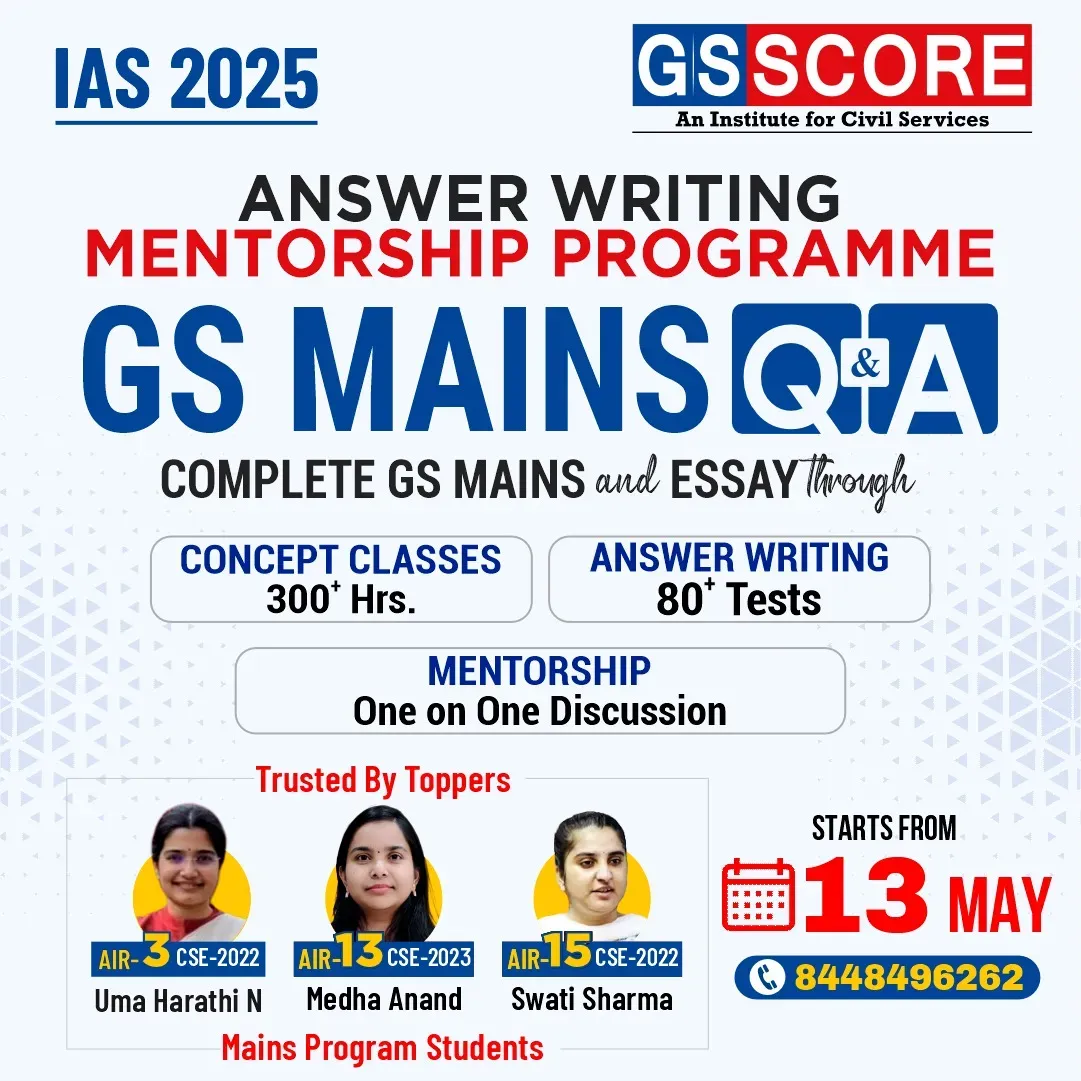

India’s Agricultural Subsidy & Questions
Context
Thailand's replacement of its WTO Ambassador follows India's objection to her remarks on India's PSH (Public Stockholding) programme, which sparked diplomatic friction amid concerns over India's rice export restrictions. Thai Ambassador had targeted India’s rice procurement programme saying its Public Distribution System (PDS), is not for the people but for “capturing” the export market.
1: Dimension: Thailand’s Issues
- Thailand is a member of the 20-nation Cairns Group, which has time and again questioned India’s PSH programme at WTO.
- It has argued that the programme is “highly subsidised” and India’s farm support is “distorting” global food prices and “hurting” the food security of other countries.
- The Cairns group is trying to get India to dismantle or reduce the scope of the Minimum Support Price(MSP) scheme.
2: Dimension: WTO’s Agreement on Agriculture (AoA)
- Under the provisions of the WTO’s Agreement on Agriculture (AoA), the aggregate value of the product-specific support should not exceed 5% of the total value of production of the agricultural product in question.
- In the case of developing countries such as India, the de minimis ceiling is 10%.
- Thailand’s stand: India has breached the de minimis limit in the case of rice.
- India’s stand: India informed the WTO that the value of its rice production in 2019-20 was $46.07 billion while it gave subsidies worth $6.31 billion or 13.7%, as against the permitted 10%.
- However, India has questioned the way subsidies are calculated at the WTO, saying it is calculated at a fixed and outdated 1986-88 price, which overestimates the subsidy. India is seeking to change it at the WTO negotiations on agriculture.
3: Dimension: India’s demands
- India and a group of developing nations are seeking a permanent solution for public stockholding for food grains that will give India better flexibility in providing farm support.
- India has been arguing that the subsidy that it provides is far less than what the US and EU give.
- Since WTO norms restrict the government’s ability to provide higher farm support, farmers have demanded the agriculture sector be taken out of the WTO agreement.
- Calling the WTO policies “anti-farmer”, the farmers also demanded legal guarantees for MSP, debt waiver, the implementation of Swaminathan Commission recommendationson issues related to agriculture, and pensions for farmers.
|
Cairns group The Cairns group comprises Argentina, Australia, Brazil, Canada, Chile, Colombia, Costa Rica, Guatemala, Indonesia, Malaysia, New Zealand, Pakistan, Paraguay, Peru, Philippines, South Africa, Thailand, Ukraine, Uruguay, and Vietnam. It has been lobbying for agricultural trade liberalisation. |


